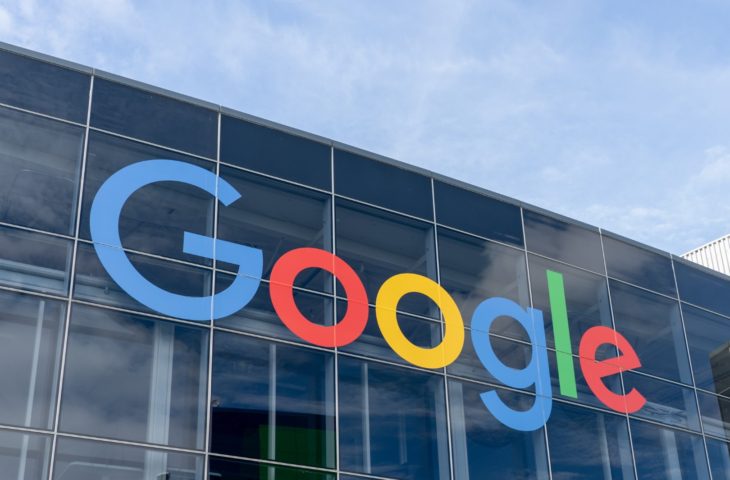Google launches Imagen 2: higher image quality and smarter
- December 14, 2023
- 0
Imagen 2 is the latest version of Google’s AI model that can convert text into images. Image quality and responses are improving, but details about how the model
Imagen 2 is the latest version of Google’s AI model that can convert text into images. Image quality and responses are improving, but details about how the model


Imagen 2 is the latest version of Google’s AI model that can convert text into images. Image quality and responses are improving, but details about how the model is trained are not yet known.
In response to OpenAI’s GPT-4, Google introduced its most powerful AI models to date, Gemini and Gemini Pro, a few days ago. The next launch in the series is Imagen 2. This is an AI model that can generate images based on text prompts. Unlike the previous version, Imagen, this updated version offers better image quality and can provide more detailed answers. However, it is unknown what data Google used to train this model.
Imagen 2 was developed using technology from Google DeepMind: Google’s flagship AI lab. Imagen 2 is capable of creating and editing an image based on text prompts.
In addition to improved image quality of the images, the AI model also introduces new options for displaying texts and logos, such as an image with a text Overlay. In addition, Imagen 2 is also capable of generating emblems, characters and abstract logos. These logos can then be pasted onto products, clothing or business cards.
Finally, Imagen 2 is also smarter than its predecessor. This model is trained to better understand more descriptive, longer cues and provide detailed answers to questions about specific elements in an image. Google attaches great importance to the multilingual nature of Imagen 2, so that a prompt in one language can be output in another language (e.g. a logo).
Despite the improvements to the AI model, Google does not disclose what data it used to train Imagen 2. Therefore, creators who have unintentionally contributed to the dataset cannot opt out or seek compensation.
Intellectual property is a major problem when using generative AI. Some companies like Stability AI and OpenAI offer developers the ability to reject training datasets. Google, on the other hand, does not yet offer this option.
Source: IT Daily
As an experienced journalist and author, Mary has been reporting on the latest news and trends for over 5 years. With a passion for uncovering the stories behind the headlines, Mary has earned a reputation as a trusted voice in the world of journalism. Her writing style is insightful, engaging and thought-provoking, as she takes a deep dive into the most pressing issues of our time.